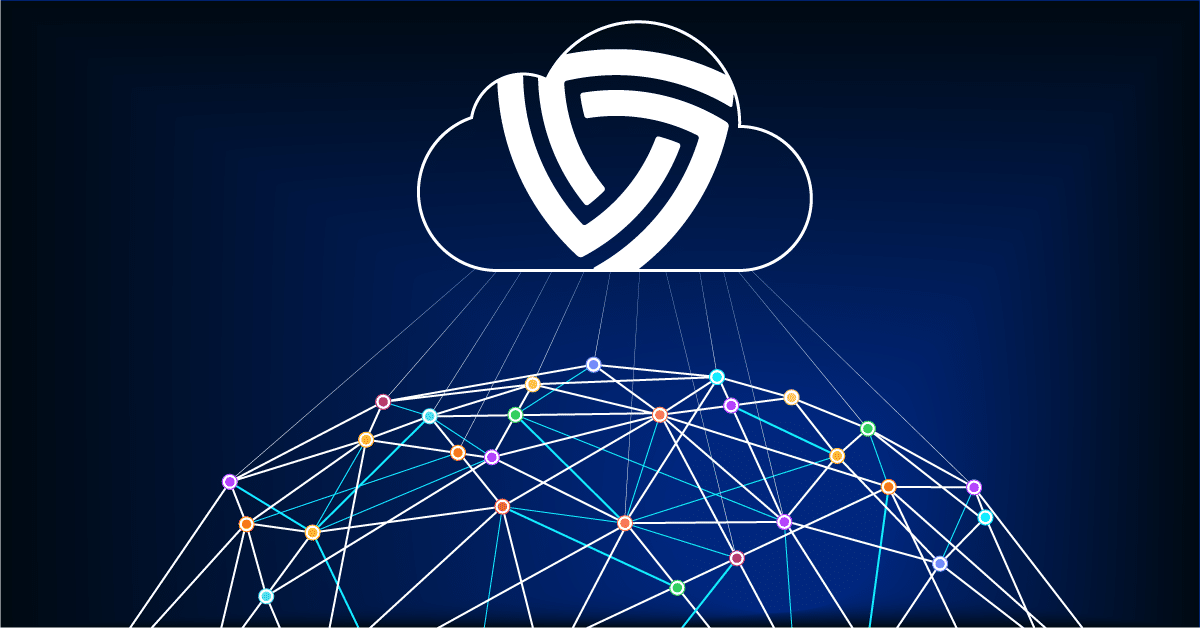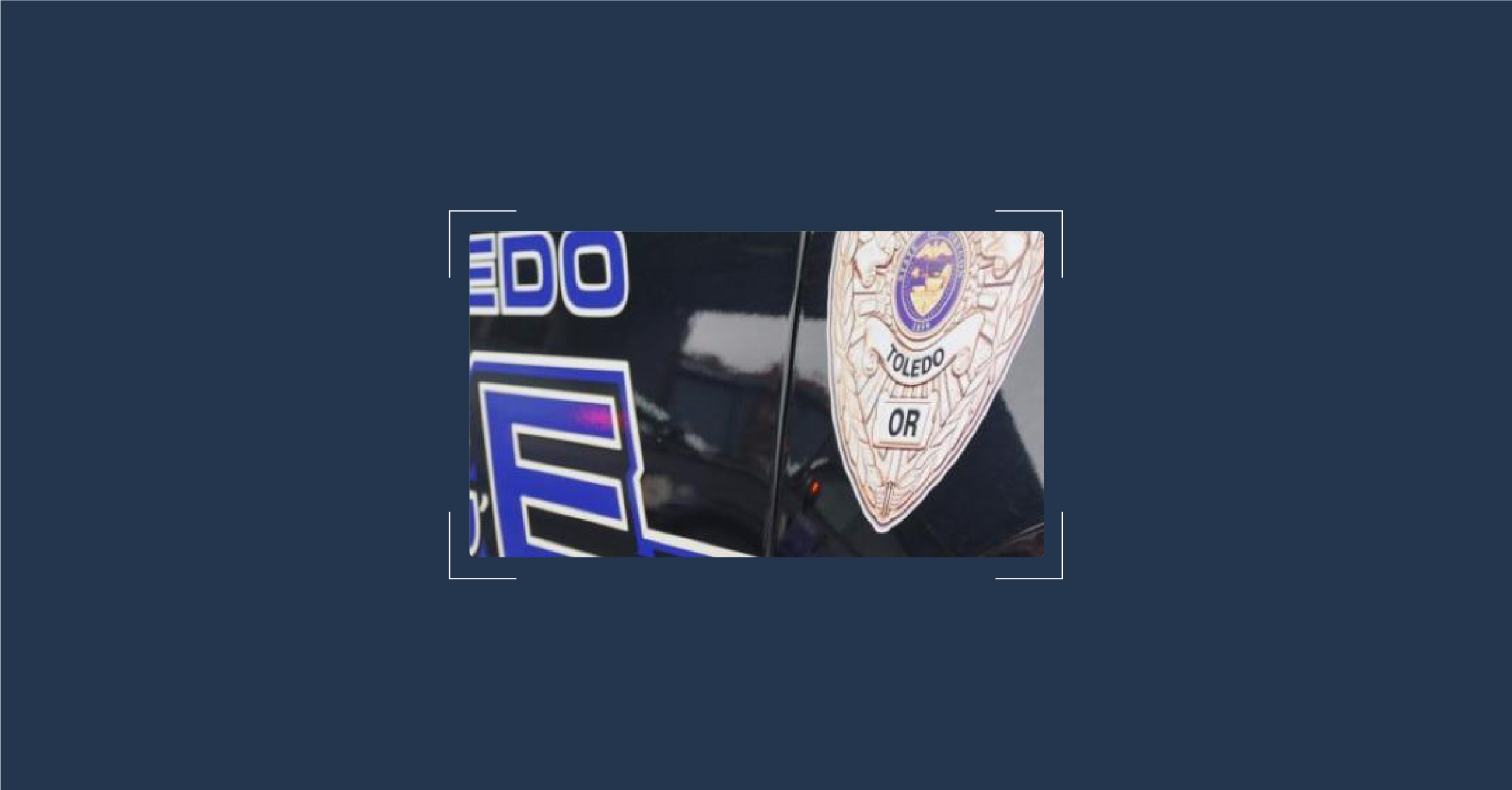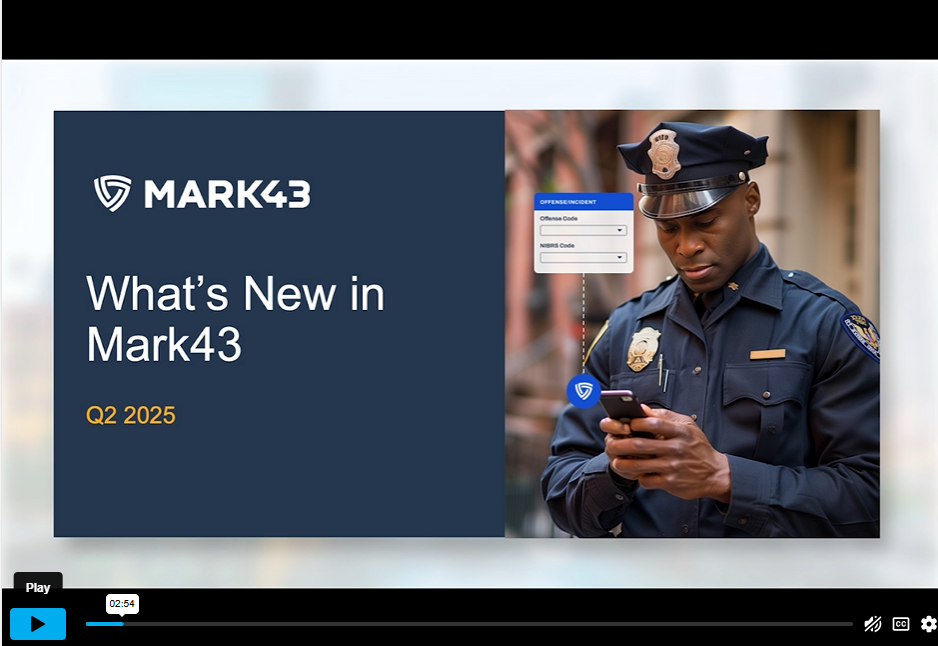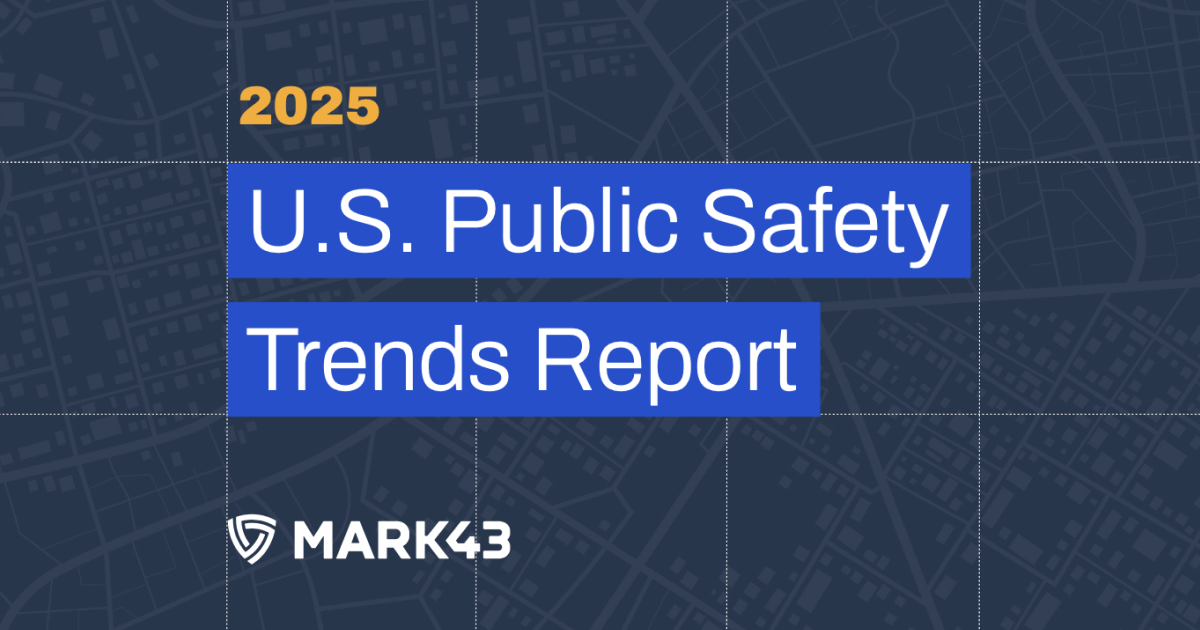
A multi-tenant cloud is a Software-as-a-Service (SaaS) solution in which a single software application serves multiple client agencies (i.e.: ‘tenants.’) It is designed for end-users and delivered over the web. A multi-tenant cloud allows local agencies or agencies within a consortium to seamlessly share data and take advantage of pooled resources. This contrasts with single-tenant cloud systems, which allow for only a single instance of a software to run per client, effectively putting each user-agency in a silo from all the others.
So how can Mark43’s multi-tenant cloud help your agency increase efficiency and scale?
Rapid & Seamless Data Sharing
The Mark43 CAD and Mark43 RMS allow your agency to share critical records quickly and efficiently with other law enforcement agencies. You are always able to set permissions, so you ensure that shared data respect security and privacy regulations. Single-tenant options can mean delays, compatibility issues, and permissions issues with different systems in use by other agencies.
Maintain Individual Configurations
While clients in a multi-tenant environment share remote physical infrastructure like servers, each agency maintains its own individual data settings, without impacting other tenants. Your agency can still share data with other stakeholders and law enforcement organizations, all without compromising security or privacy. Single-tenant options can mean that even though two agencies are using the same program, the customizations that each has made to their individual instance of the software makes them difficult to use together, or that one will contain data the other does not.
Provides Collective Benefits
One of the great features of a multi-tenant cloud is that (unlike with single-tenant solutions) end-users aren’t required to handle software upgrades and patches. All updates are handled by Mark43 and are deployed instantly to all agencies using the software, benefiting all users. Because all clients are on one product, upgrades and patches devised for one client improve the product experience for all clients. Multi-tenancy also drives down the costs of development and maintenance for all tenants over the long term, as it allows delivery of service quickly without the need for additional software resources, database setup, and code changes. Single-tenant options are more costly, as they require more time and resources to set up and maintain.
Includes Enhanced Support
With a multi-tenant setup, engineering and support teams focus on one product, not multiple diverging customizations. It allows Mark43 to write code and implement features just once and have them serve numerous clients, making it easier for engineering and support teams to work with end-users when changes or fixes are needed as the teams are working with just one underlying architecture, and not many custom ones. Single-tenant options require more one-on-one maintenance, which eats up both time and money.







